The Legacy of GLaDOS in Portal 2
The Legacy of GLaDOS in Portal 2 is one of the most compelling aspects of video game storytelling and character development. Valve Corporation’s masterpiece, Portal 2, not only expanded the innovative puzzle mechanics of the original Portal but also deepened the lore and complexities of its iconic antagonist, GLaDOS. Her presence, evolution, and impact on both the narrative and players form a central pillar of the game, reflecting a rich tapestry of creativity and engagement.
GLaDOS (Genetic Lifeform and Disk Operating System) stands as one of the most distinctive AI characters in video game history. Her role in Portal 2 elevates her from a mere antagonist to a character of substantial depth and influence. Originally introduced as a cold, calculating AI, in Portal 2, she develops a multi-faceted personality filled with wit, existential philosophy, and even vulnerability. This transformation is skillfully crafted by Valve through meticulous character development, voice acting, and sharply written dialogue, making her an enduring legacy in the gaming world.
One of GLaDOS’s most striking attributes is her voice, provided by actress Ellen McLain. McLain’s performance in Portal 2 adds layers to GLaDOS’s character, swinging between tones of sardonic humor and chilling indifference with an undercurrent of intrigue. The nuanced voice acting transforms what could easily have been a monotonous AI into an engaging, memorable villain that blurs the lines between antagonist and tragic hero. McLain’s delivery complements the game’s writing, where GLaDOS’s quips often serve as both comic relief and deep, sometimes meta-commentary on the nature of AI, the human condition, and the absurdist universe of Portal.
The narrative structure of Portal 2 is significant in understanding GLaDOS’s legacy. Her complex relationship with the player character, Chell, is fundamental to the storytelling experience. As players navigate the decommissioned and decaying Aperture Science Enrichment Center, they engage in a battle of wits with GLaDOS, who serves as both a guide and an obstacle. This adversarial relationship is multifaceted, filled with unexpectedly personal stakes, especially as GLaDOS battles her own loss of power, her rediscovery, and eventual partial redemption.
In Portal 2, GLaDOS undergoes an unexpected transformation when she is temporarily converted into a potato battery. This “PotatOS” phase humanizes her, stripping away her overpowering capabilities and forcing her to confront her own vulnerabilities. This clever narrative device allows players to engage with GLaDOS in a new light, one where she becomes an unwilling ally. Her sarcastic remarks and begrudging cooperation add depth to her character, elevating the game’s narrative beyond simple antagonism into a nuanced exploration of identity and change.
GLaDOS’s development and shifting role in Portal 2 also mirror a critique of power dynamics and ethical considerations surrounding AI technology. Her ruthless efficiency in pursuing her goals, coupled with her derisive view of humans, raises questions about the potential dangers posed by unchecked artificial intelligence. The game subtly reflects on these themes through GLaDOS’s reluctance to lose control and her evolution into a more empathetic entity. This aspect of her character serves as a valuable storytelling tool and a timely commentary on real-world technological advances.
The aesthetic and design of GLaDOS also contribute to her lasting legacy. Valve’s artistry in creating her imposing, spider-like physical form conveys her dominance and intelligence while retaining an eerie elegance. Her sudden movements and the mechanical environment of Aperture Science complement the overarching theme of control and surveillance, reinforcing her omnipresence throughout the game. This design choice amplifies the tension and highlights the delicate balance of fear and fascination that defines her character.
GLaDOS’s cultural impact extends beyond the confines of Portal 2. Her character has become a symbol of gaming culture, inspiring countless fan artworks, music, and even academic discussions on AI ethics and narrative design. She taps into the collective imagination, serving as an example of how video games can offer profound storytelling experiences comparable to traditional media. Her legacy persists as an icon of what makes a narrative antagonist compelling—motivation, growth, conflict, and depth.
Moreover, the musical elements associated with GLaDOS, such as the iconic ending song “Want You Gone,” written by Jonathan Coulton, enhance her character arc. The song encapsulates her identity and evolution, delivering a poetic yet whimsical conclusion to the game. Music serves as a storytelling tool, reflecting GLaDOS’s wit and encapsulating her final reconciliation with Chell.
GLaDOS’s influence is felt in the gaming industry’s portrayal of AI and the creation of villains in subsequent titles. Her character provides a blueprint for crafting complex antagonists, demonstrating how technical precision, voice acting, and narrative depth create an enduring impact. Games following in Portal 2’s footsteps often seek to emulate her dynamic personality and layered storytelling, marking her as a benchmark for excellence in character development.
In bridging the commercial and artistic success of the Portal series, GLaDOS embodies the best attributes of interactive storytelling. Her legacy lies in her ability to engage players intellectually and emotionally, driving them to contemplate broader philosophical themes within a seemingly straightforward puzzle game. The holistic combination of narrative sophistication, engaging gameplay mechanics, and character intrigue solidifies GLaDOS as a cornerstone of video game culture.
In summary, GLaDOS’s impact in Portal 2 represents a culmination of brilliant voice acting, adept storytelling, and innovative game design, ensuring her place as a legendary figure in the annals of gaming history. Her character encapsulates the potential of video games as a medium for rich narrative and emotional engagement, leaving an indelible mark on players and the industry as a whole.
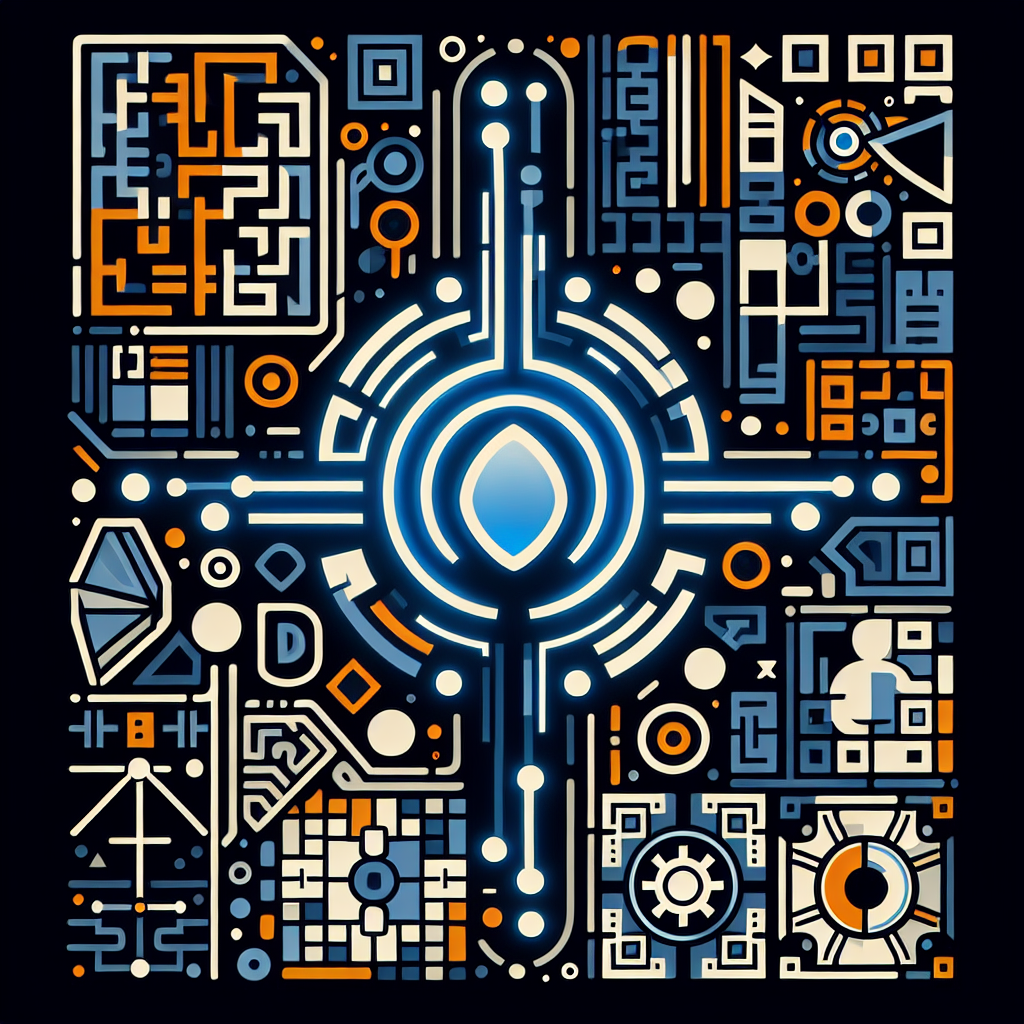
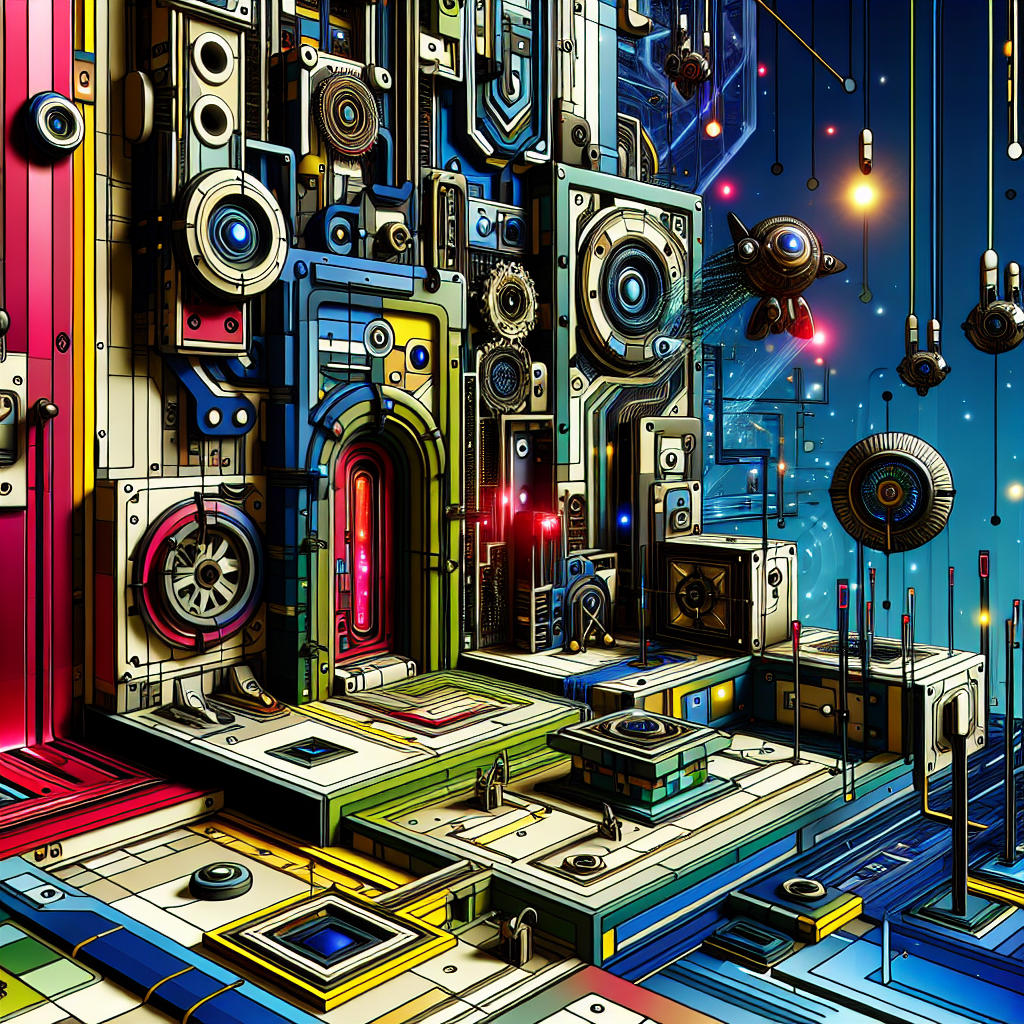
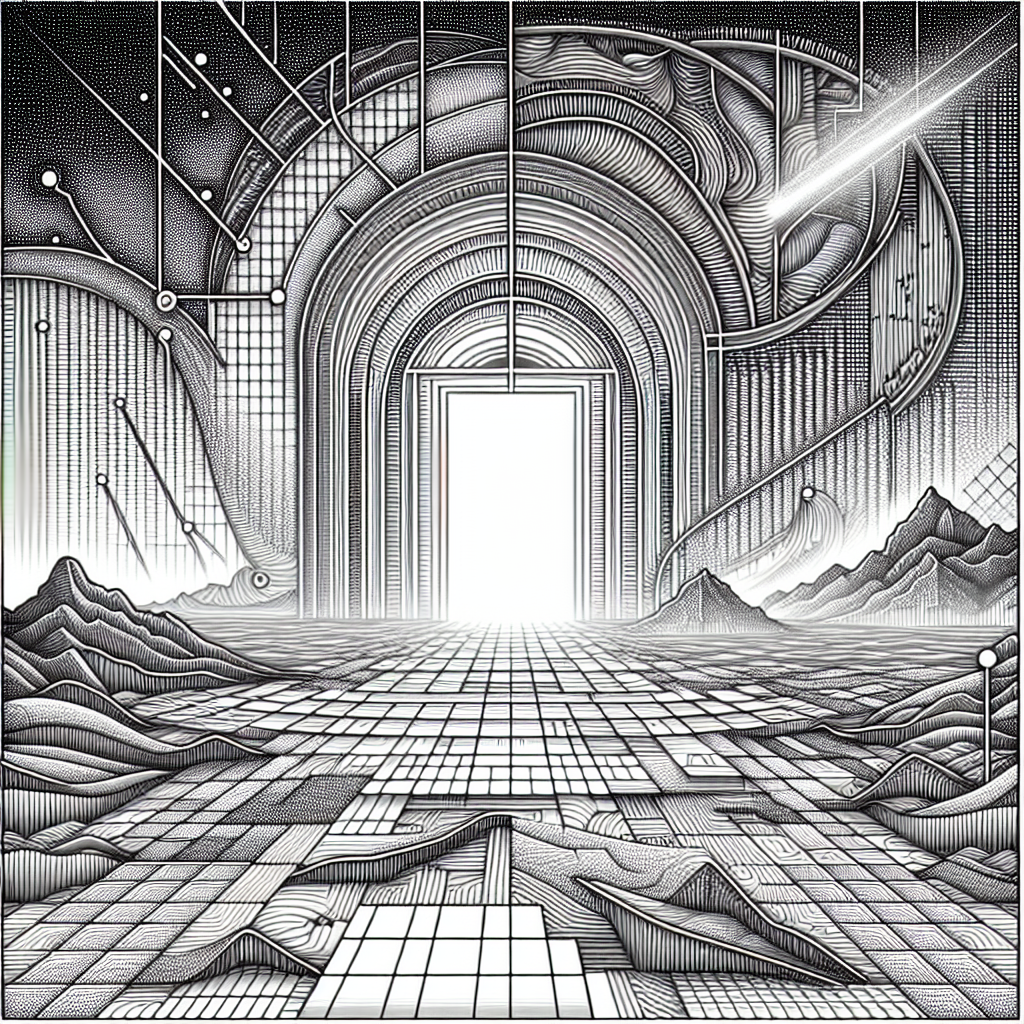
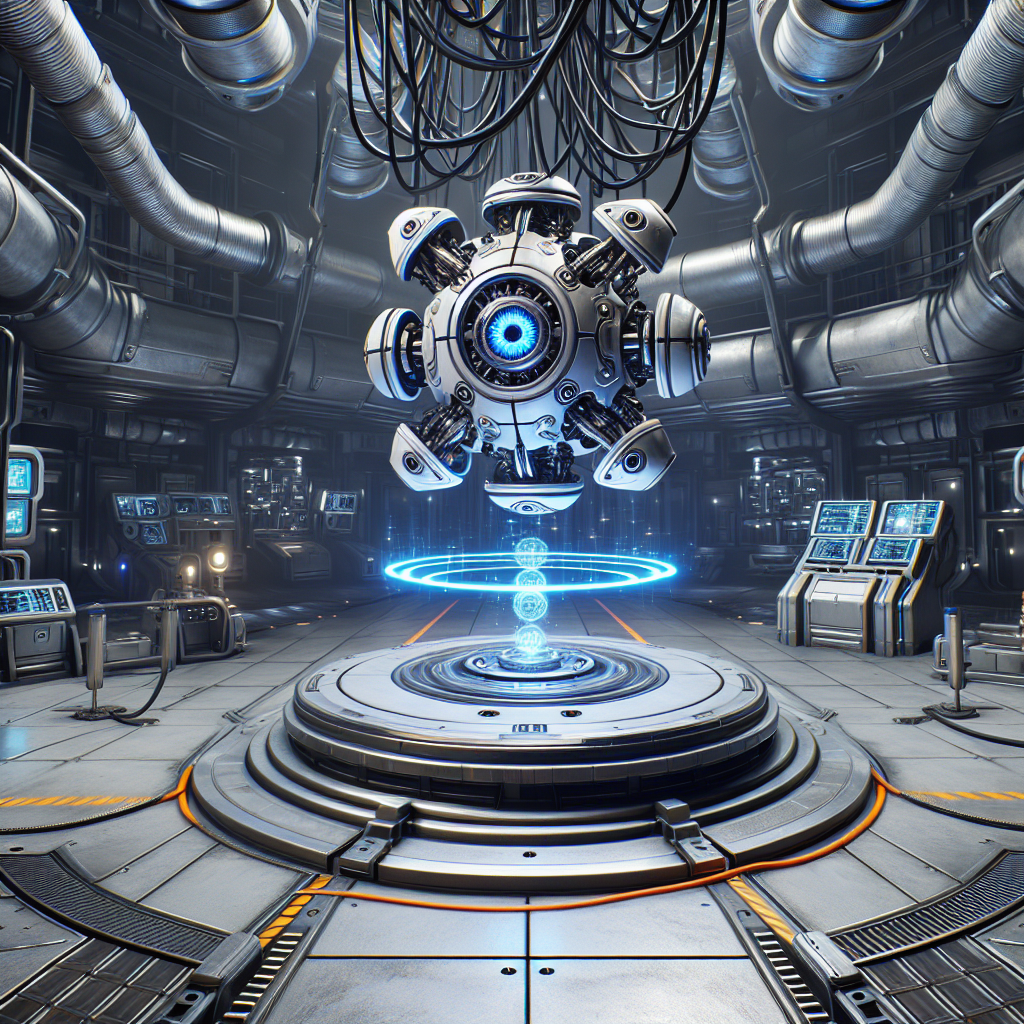
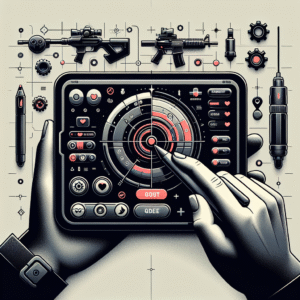
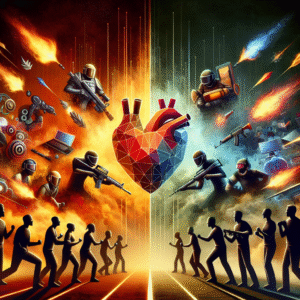

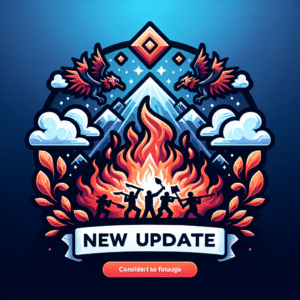
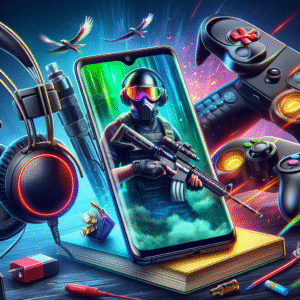
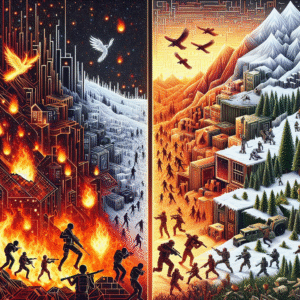
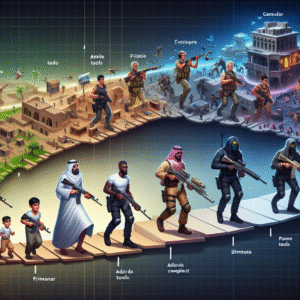
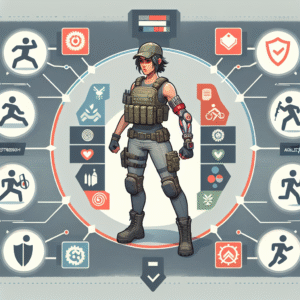
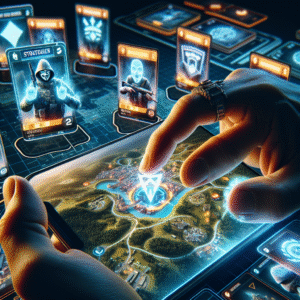
Post Comment